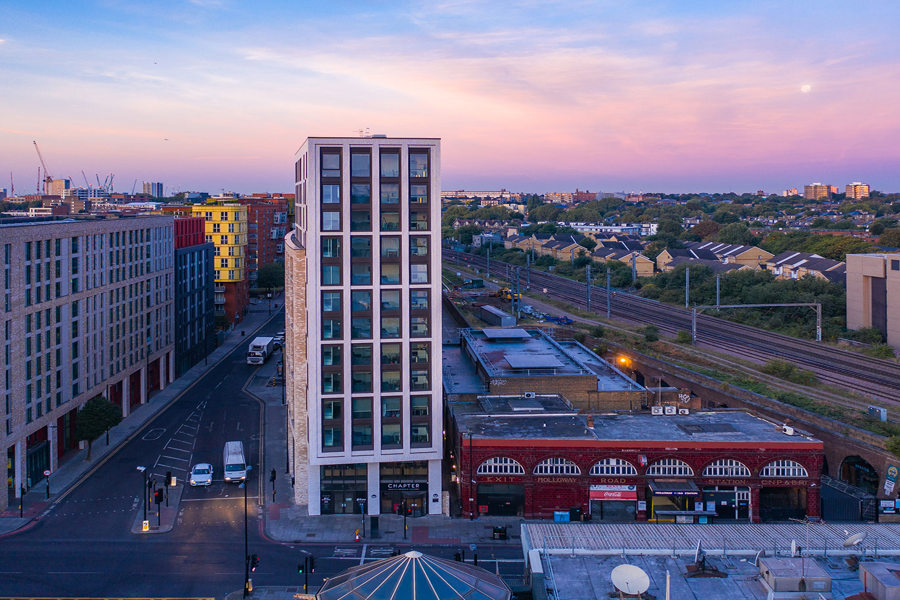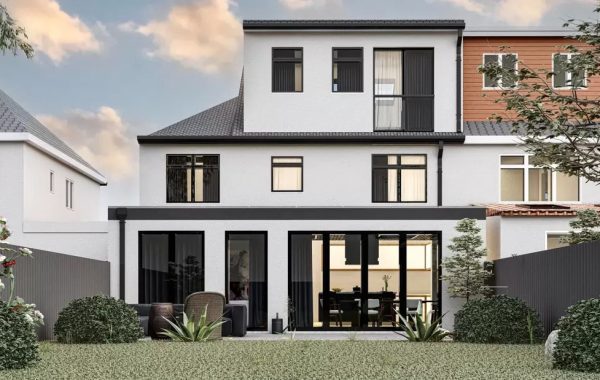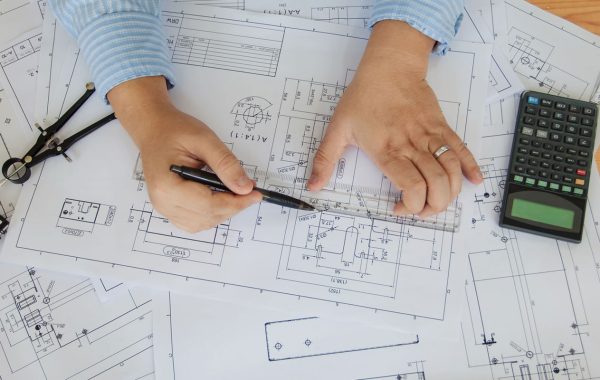Islington’s Lower Holloway: Metamorphosis of a London Neighborhood
Nestled amidst the vibrant tapestry of Islington change of use hums with a unique energy. Its Victorian terraces, whispering tales of a bygone era, intermingle with contemporary structures, echoing the dynamism of the present. This dynamic spirit of change is particularly evident in the ongoing “Change of Use” phenomenon, where buildings are shedding their old skins and embracing new purposes. Let’s delve into this metamorphosis, exploring its drivers, nuances, and potential impact on the neighborhood’s character.
From Industry to Innovation:
Lower Holloway’s industrial roots, once dominated by printworks and factories, are gradually fading. In their wake, a wave of creative industries is washing ashore. Architect studios, design agencies, and tech startups are transforming old warehouses into buzzing hubs of innovation. This shift is fueled by several factors:
- Soaring Central London rents: Creative companies, priced out of core areas, are finding solace in Lower Holloway’s comparatively affordable spaces.
- Proximity to tech hubs: The neighborhood’s closeness to Silicon Roundabout and King’s Cross attracts tech-savvy businesses seeking fertile ground for collaboration.
- Abundant character: The area’s distinct architectural heritage and multicultural mix provide a canvas for creative inspiration.
The Retail Renaissance:
The retail scene in Lower Holloway is undergoing a parallel transformation. Quaint cafes and independent shops are replacing national chains, fostering a sense of community and bespoke charm. Local artisans are setting up shop, showcasing their crafts and enriching the streetscape. This shift stems from:
- A growing desire for authenticity: Consumers are increasingly seeking unique experiences and locally-made products, which Lower Holloway’s independent businesses provide.
- Rising property costs: High street closures have created opportunities for independent traders priced out of prime locations.
- Council support: Initiatives like the “Love Holloway” campaign actively promote local businesses and cultural events.
Navigating the Crossroads:
While “Change of Use” breathes new life into Lower Holloway, concerns linger. Long-standing residents worry about rising rents and the potential loss of community character. Balancing progress with preservation is crucial. Here’s how stakeholders are navigating this delicate dance:
- The Islington Council has implemented policies that prioritize affordable housing and community facilities alongside development.
- Community groups are actively involved in planning discussions, ensuring resident voices are heard.
- Developers are increasingly incorporating sustainable practices and community engagement initiatives into their projects.
The Future Unfolds:
Islington’s Lower Holloway stands at a crossroads, poised for exciting transformation. By embracing change thoughtfully, the neighborhood can retain its unique charm while fostering a vibrant future for residents, businesses, and creatives alike. The ongoing metamorphosis promises to be a fascinating watch, one that will redefine the character of this historic London corner.
Beyond the Facade:
The story of Lower Holloway’s “Change of Use” goes beyond bricks and mortar. It’s a narrative of human adaptation, community resilience, and the ever-evolving spirit of London. As the neighborhood sheds its old skin and dons a new one, it invites us to ponder the future of our cities – how we can preserve heritage while embracing progress, and how communities can thrive in the face of change. The answer, perhaps, lies in striking a delicate balance, one that celebrates the past while paving the way for a brighter tomorrow.





